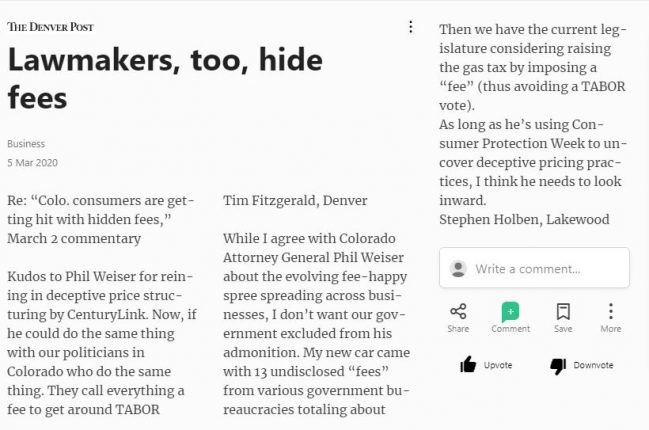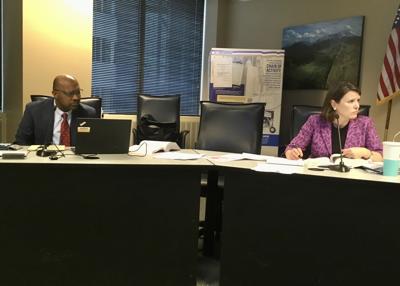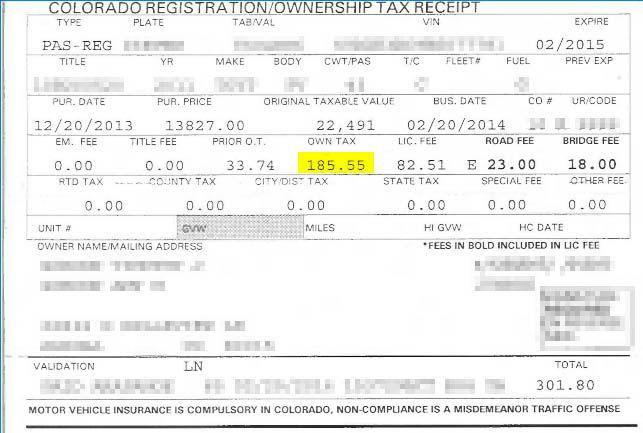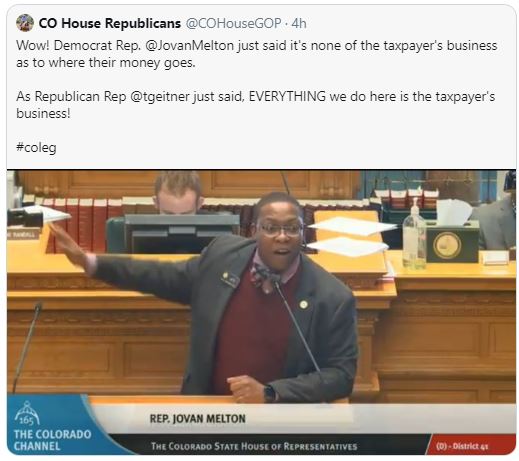
traveler1116 / iStock
Kelly Brough, the president and CEO of the Denver Metro Chamber of Commerce, filed four of the challenges. She wrote in a court petition that she believed Initiative 245, which would create a right to ballot initiative at virtually every level of state and local government, had a misleading ballot title because it omitted descriptions of several key features from the complex measure.
Specifically, she argued that the title should inform voters of a reduction in signatures required to put an initiative on the ballot, of newly-assigned jurisdiction to the Supreme Court to hear initiative protests and of prohibitions on legislation from the General Assembly on topics that voters previously rejected through referendum.
The three-member Title Board sets the ballot titles for voters if they determine that an initiative constitutes a single subject. The title must include the central components of the proposal, but also be brief.





